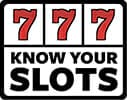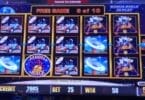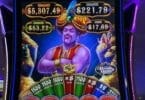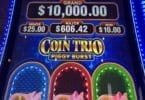Some links in this article include affiliate links, which provide a commission if a purchase is made. Affiliate links have no impact on our recommendations.
We previously gave an overview of the various types of gaming machines. Beginning this week, and for the next few weeks, we’ll be diving into some of the various types and what their unique traits and characteristics are.
We’ll begin our exploration with the most common type, that many are familiar with when they go to Las Vegas: Vegas-style slots, sometimes known as Class III slots (when speaking in terms of Native American gaming operations).
Defining a Vegas-style slot
Vegas-style slot machines are defined by their use of a Random Number Generator (RNG) within each machine. The outcome of each spin is governed by the state of the RNG at the time the spin button is pressed. When the button is hit, the active number the machine is on at that given time is selected, and the game looks up the outcome for that number and renders it to the player.
Most other game types have to phone outside the machine for information or an outcome, but Vegas-style slots are truly self contained. At a basic level it really is that simple.
Understanding the Math
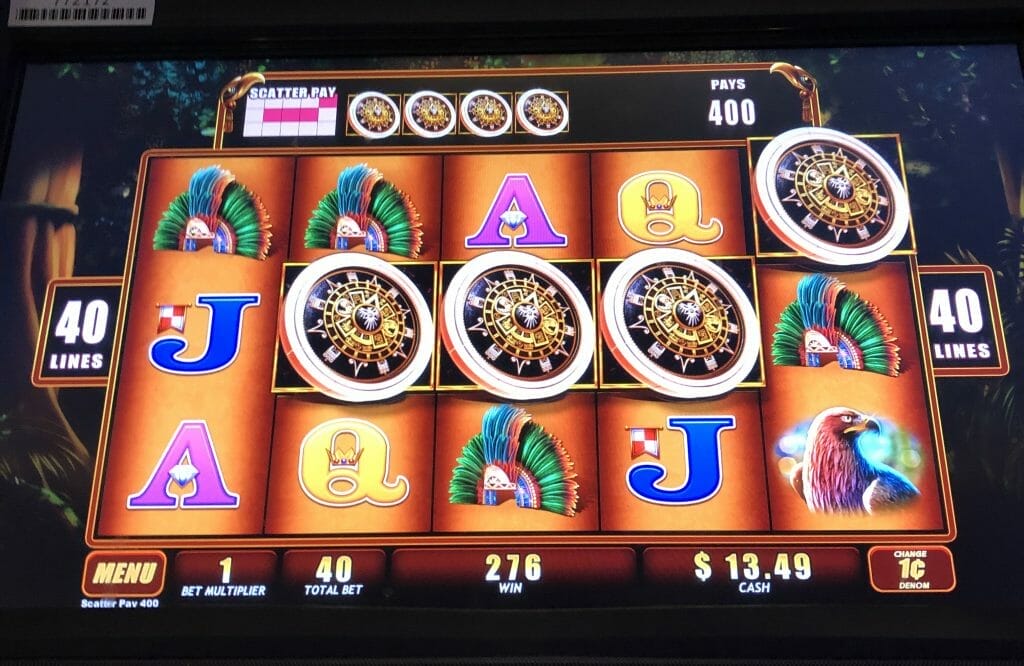
Since each spin is random, it’s possible (although unlikely) that there could be 50 winning spins in a row, or 50 losing spins in a row. The machine could hit jackpots on back to back spins. That’s because each individual spin is not defined by the spin that precedes or follows it. The game doesn’t provide more winning spins when a number of losing spins have happened back to back, and it doesn’t lower payouts when the game is providing a lot of winning spins.
The number of possible combinations are programmed to ensure that, over a set number of spins over time, the game will come closer and closer to its long term expected pay back percentage selected by the casino. But it means that if a jackpot is paid on a machine, a jackpot occuring again is the exact same chance as it was for the first one, because the mathematical expectation is it will even out over time.
Bonuses can be pre-determined or can be based on a user’s choices or the timing of an RNG – again, any variance that may come out of a good picking bonus round or a particularly good free spins round will be balanced out over time based on the games playing through over and over again – the math will normalize this over time based on the odds of a given outcome happening.
If games deviate wildly from the expected math, both casinos and the game developer will generally realize this quickly, and either the game will get pulled or get updated to fix any issues. Games go through heavy testing and certification to minimize any issues as it could be very costly for all involved, whether payback being too high or too low (as many markets have strict regulations on minimum payback requirements for games).
How Payback Works
Payouts are defined by the option chosen on the machine by the casino based on the manufacturer’s design of the game. Casinos don’t advertise what any one machine pays, but for casinos that report their data, you can get a sense for what each denomination pays on average. Sites like those run by the American Casino Guide book publish up to date information around this.
Most markets that have Class III slots are also markets that require payback reporting. Native American casinos are generally the exception, although in some markets, like Connecticut, they do report their data.
On occasion, the PAR sheet for a game becomes publicly available; in those situations the PAR sheet will outline which payback options exist for a game. For multi-denomination games, sometimes the payback can differ by denomination, but sometimes it doesn’t.
In other rare cases a manufacturer may share information about payback. For instance, the original Lightning Zap doesn’t have a payback option below 90 percent. This is likely because of the rapid nature of a spin; a losing spin is instantly a loss and so dead spins can stack up quite fast.
Whatever the decision by a casino in terms of the payback, the RNG cycles through generally millions of combinations at a rapid pace until that spin button is pressed and the game runs through that outcome.
Does it matter to you if the game you’re playing is governed by an RNG? Share your thoughts in the comments below!
